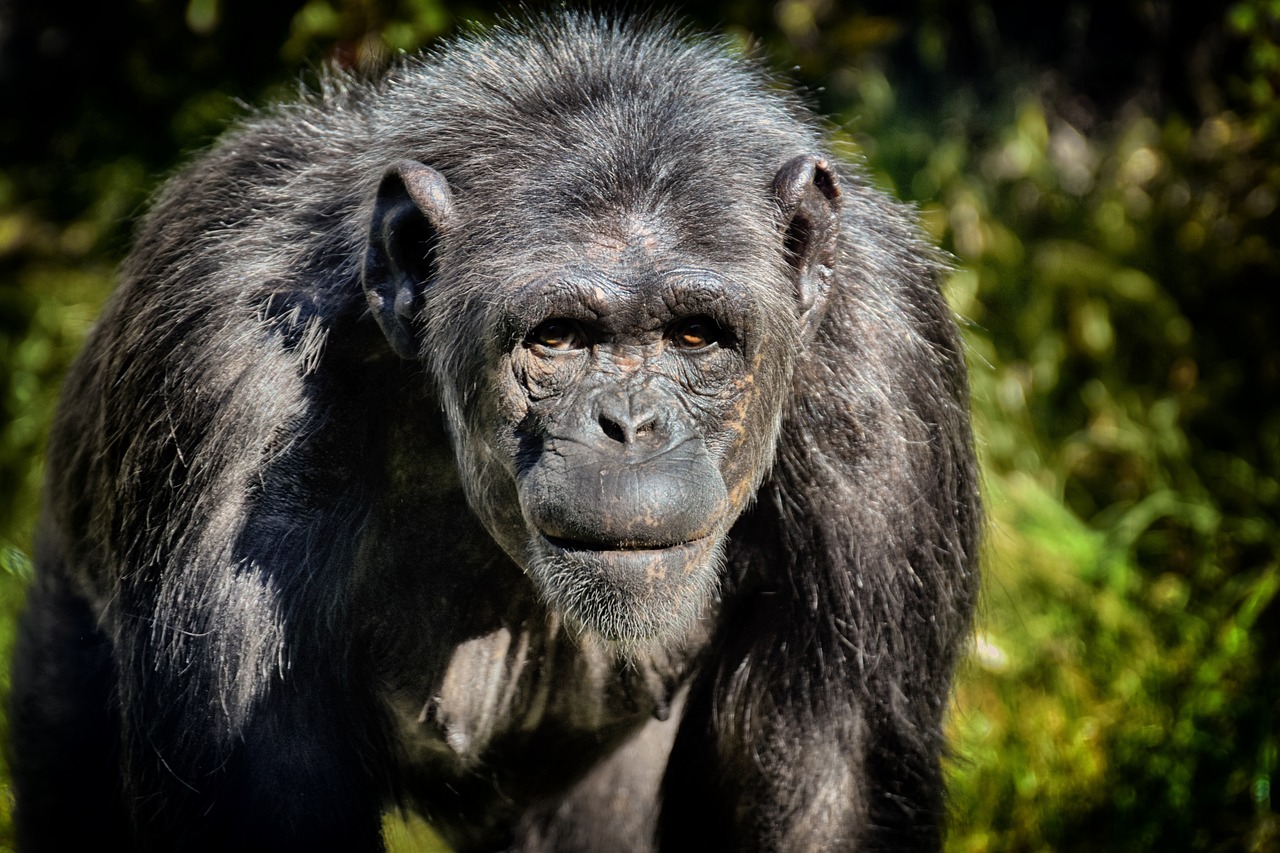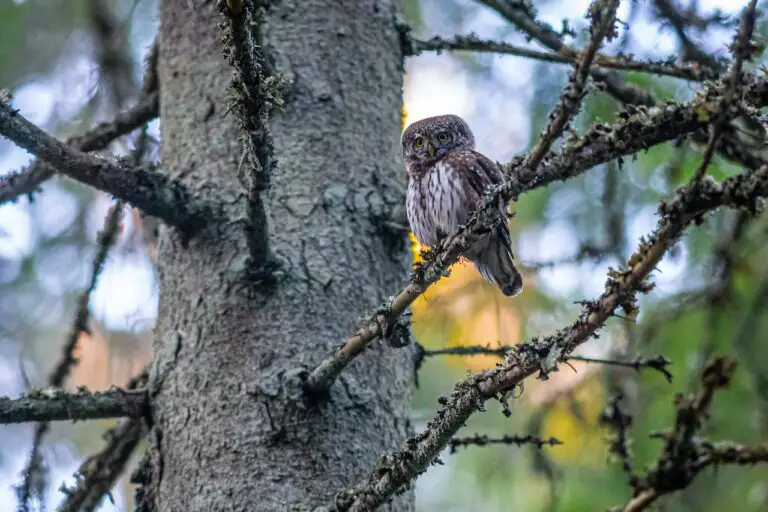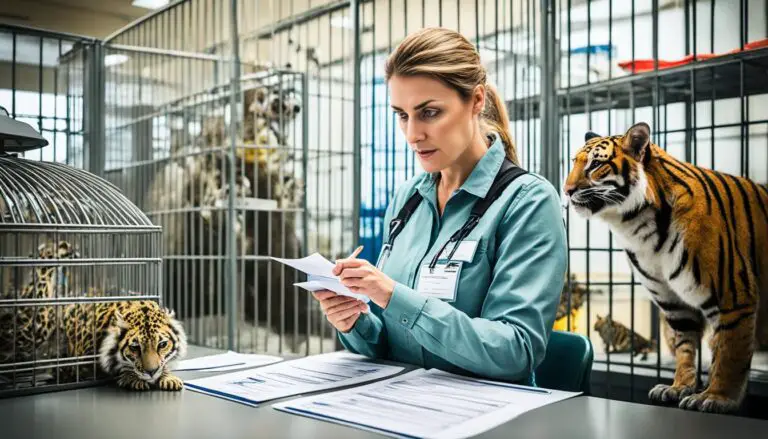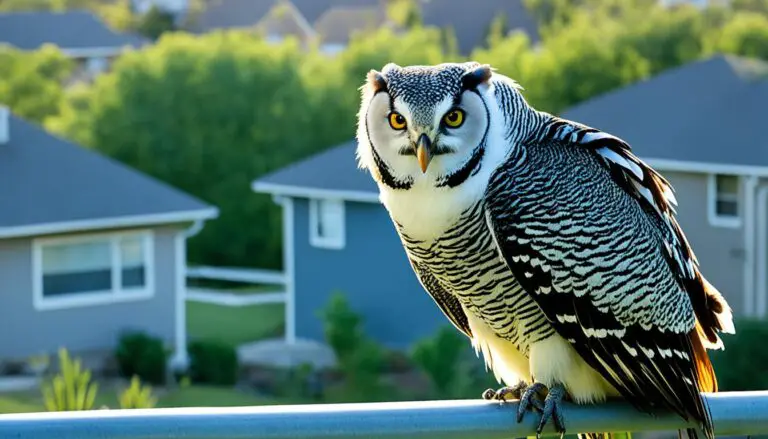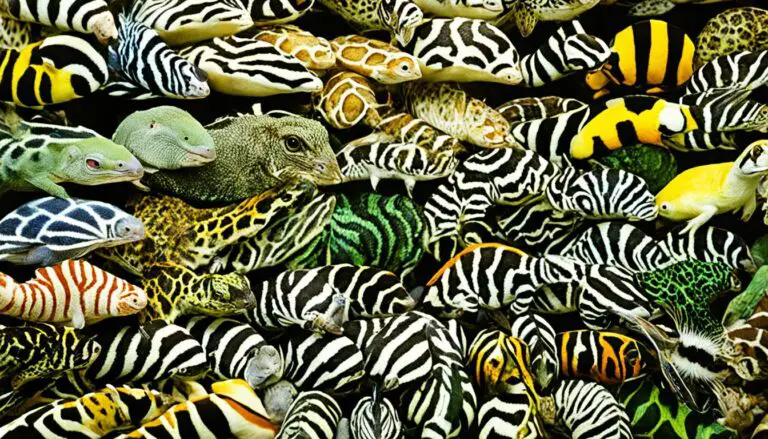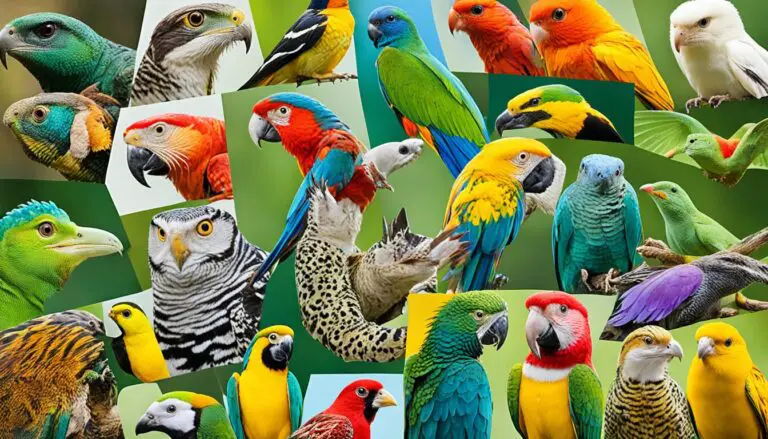Dangerous Exotic Pets: The Top 5 Ones You Want to Avoid
Exotic pets are animals that are not commonly kept as pets and require special care, training, and sometimes even permits to own.
While owning an exotic pet can seem like a unique and exciting idea, it is important to note that not all animals make good pets.
Some of these animals can be extremely dangerous, posing a risk not only to their owners but to others around them.
In this article, we will explore the top 5 most dangerous exotic pets.
Key takeaways:
- Owning an exotic pet can be dangerous and unpredictable, especially if the animal is not properly trained or cared for.
- Chimpanzees, large constrictor snakes, alligators and crocodiles, venomous reptiles, and big cats are some of the most dangerous exotic pets.
- Many exotic animals require special permits and are regulated by state and federal laws.
- It is essential to research the laws in your area before considering owning an exotic pet.
- If you already own an exotic pet, it is crucial to provide proper care and training for the animal and take precautions to ensure the safety of yourself and those around you.
- There are many safe and legal alternatives to exotic pets, such as adopting a rescue animal or researching uncommon breeds of domesticated animals.
Remember that owning an exotic pet is a significant responsibility and should not be taken lightly.
It is essential to do extensive research and understand the risks and regulations involved before considering owning one.
What Makes an Exotic Pet Dangerous?
Before we dive into the top 5 most dangerous exotic pets, it is essential to understand what makes these animals a risk.
Exotic animals are not domesticated, and their behavior is unpredictable, which can lead to dangerous situations.
These animals are also often illegal to own and require special permits, which can make it difficult for owners to access proper care and training.
The Top 5 Most Dangerous Exotic Pets
1. Chimpanzees
Chimpanzees are some of the most intelligent and emotionally complex animals on the planet, but they are not suitable pets.
These animals have incredible strength, agility, and can be extremely aggressive.
In 2009, a pet chimpanzee in Connecticut attacked a woman, causing severe injuries and disfigurement.
2. Large Constrictor Snakes
Large constrictor snakes, such as pythons and boas, are not suitable pets.
These animals require specialized care and can be extremely dangerous.
In 2010, a toddler in Florida was killed by his pet Burmese python, which had escaped from its enclosure.
3. Alligators and Crocodiles
Alligators and crocodiles may seem like fascinating pets, but they are not suitable for ownership.
These animals are incredibly strong and can be extremely aggressive.
In 2019, a pet crocodile killed a woman by mauling her to death inside of its enclosure.
4. Venomous Reptiles
Venomous reptiles, such as Gila monsters, komodo dragons, and some species of lizards, are some of the most dangerous exotic pets that people might consider owning.
While they may seem fascinating and impressive, keeping these reptiles as pets can be a significant hazard to both the owner and the surrounding community.
There’s one particular case of a 41-year-old man whose hand was bitten by a Gila monster, resulting in swelling and intense pain.
5. Big Cats
Big cats, such as tigers and lions, are not suitable pets.
These animals require specialized care and can be extremely dangerous.
In 2006, the owner of a 500-pound Bengal tiger kept in rural Pine County was attacked by her pet and died there.
Conclusion
Owning an exotic pet may seem like a unique and exciting idea, but it is essential to understand the risks associated with it.
Some exotic animals can be extremely dangerous and should not be kept as pets.
Before considering owning an exotic pet, it is essential to do extensive research and understand the care and training required.
HFAQs
Why are exotic pets dangerous?
Exotic pets are dangerous because they are not domesticated and have unpredictable behavior.
These animals require specialized care and training that can be difficult to access, and owning them can be illegal.
Are all exotic pets dangerous?
Not all exotic pets are dangerous, but many can pose a significant risk to their owners and others.
Before choosing an exotic pet, it is important to research the animal’s behavior, care requirements, and potential risks.
Can you train an exotic pet to be safe?
Some exotic pets can be trained to be safe, but this requires specialized training and expertise.
Even with the proper training, accidents can still happen, and animals can still pose a risk to their owners and others.
Are all exotic pets illegal to own?
No, not all exotic pets are illegal to own.
However, many exotic animals require special permits, and owning them can be regulated by state and federal laws.
It is important to research the laws in your area before considering owning an exotic pet.
What should I do if I already own an exotic pet?
If you already own an exotic pet, it is essential to provide proper care and training for the animal.
You should also be aware of the risks associated with owning an exotic pet and take precautions to ensure the safety of yourself and those around you.
Can exotic pets be rehabilitated and released into the wild?
In some cases, exotic animals can be rehabilitated and released into the wild.
However, this process can be challenging and requires specialized knowledge and resources.
In most cases, it is not recommended to release exotic pets into the wild, as they can pose a threat to native wildlife and ecosystems.
What are some safe alternatives to owning an exotic pet?
If you are looking for a unique and exciting pet, there are many safe and legal alternatives to exotic pets.
Consider adopting a rescue animal or researching breeds of domesticated animals that are uncommon but still make great pets, such as sugar gliders or hedgehogs.
Peter Stones is the founder of Exotic Pets Place, the leading online resource for exotic pet care information.
With over 10 years of hands-on exotic pet ownership experience, he is deeply passionate about sharing his expertise to help others properly care for their unusual pets.
When he's not writing extensively researched articles or connecting with fellow exotic pet enthusiasts worldwide, you can find Peter at home tending to his own beloved menagerie of exotic animals.

